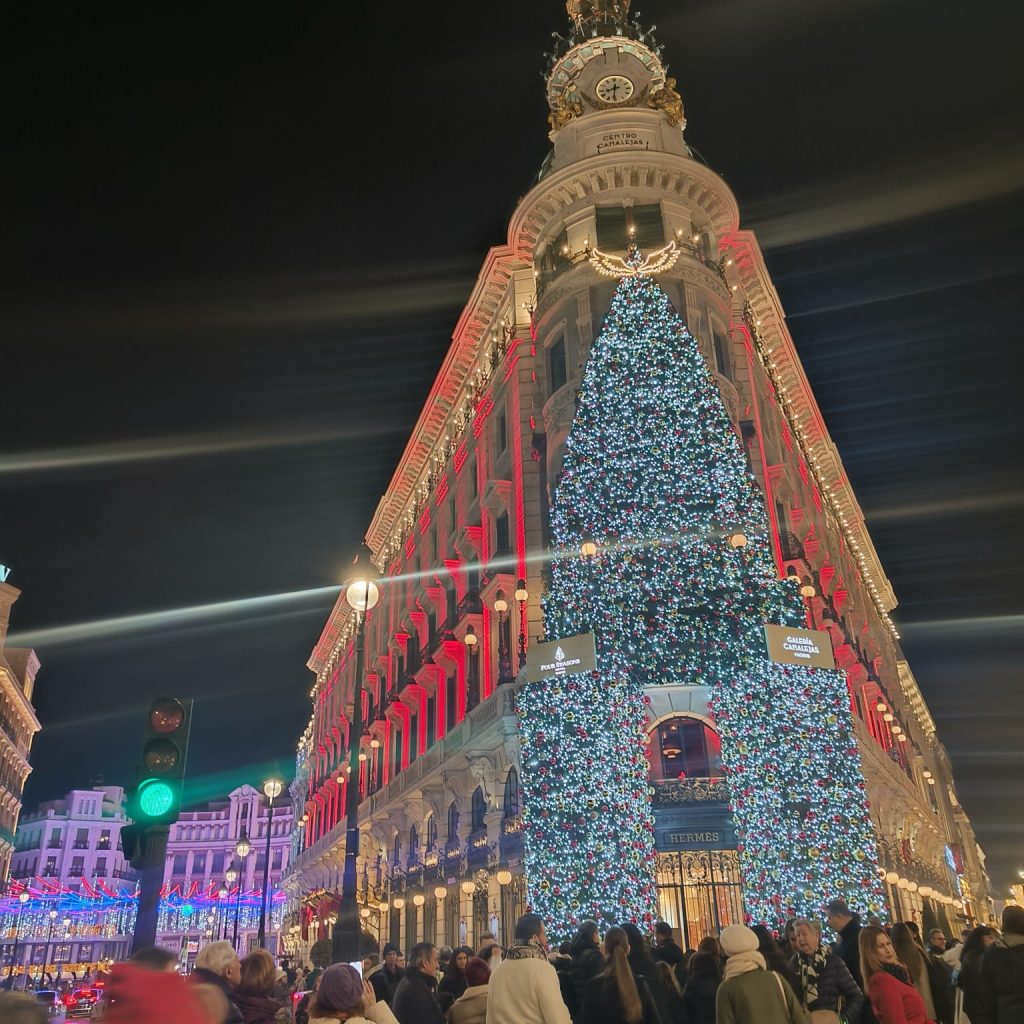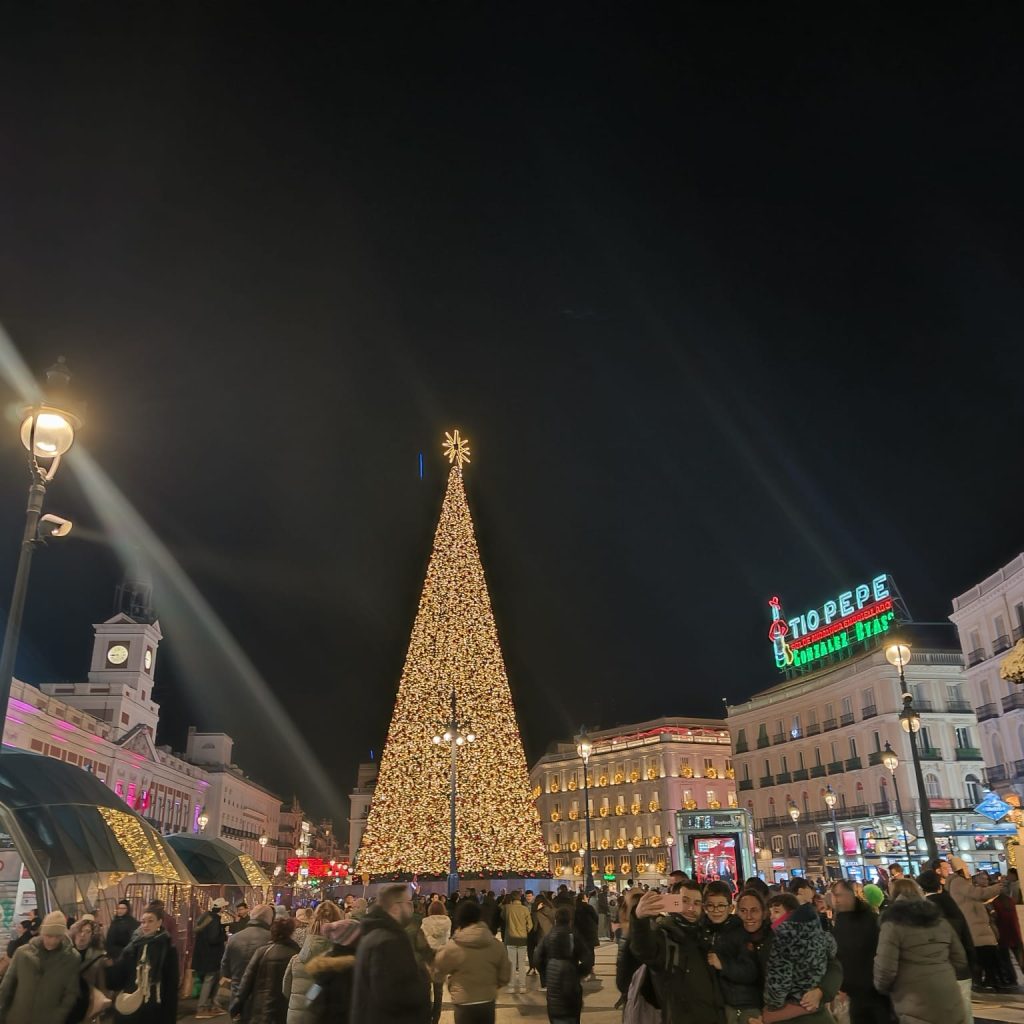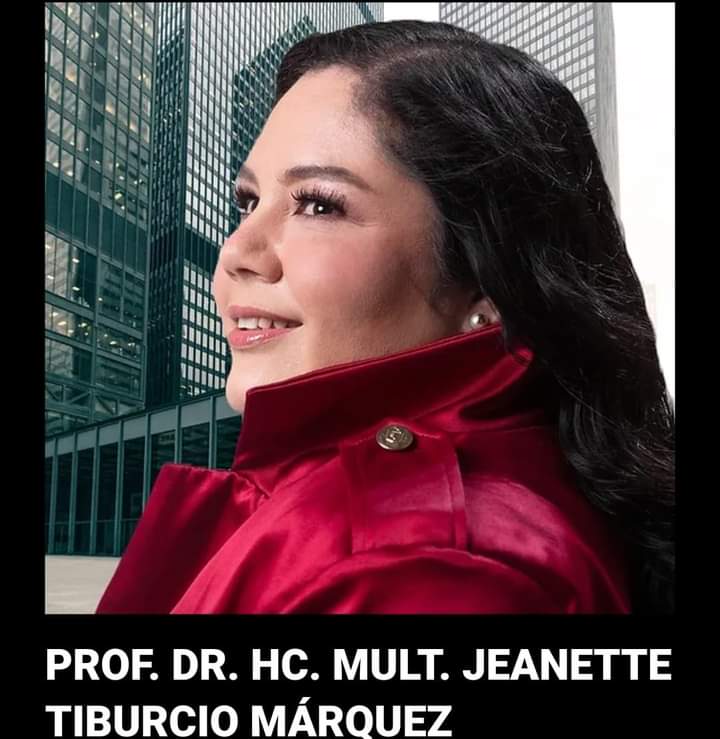



Homeland, I Sing of You
In the white and black passageway,
I am stepping one by one.
With words in my hand… a single tune,
Homeland, I sing of you.
The path of my life is long thread,
I do not know where it will end.
If they say, “Love,” I will be filled,
Homeland, I love you deeply.
Is it a tree, one branch,
Even if I’m alone, I will rejoice.
If they set me ablaze,
I will burn as “Homeland.”
The spring water is oh so sweet,
I will drink it to my heart’s content.
What is value, they may ask?
Homeland, I understand you.
To my father and mother,
I will open my arms wide.
To my most sacred phrase,
Homeland, I will write of you.
—
O’tkir Mulikboyev Qo’chqor o’g’li
Teacher of Primary Education
75th School, Qo’shrabot District,
Samarkand Region, Uzbekistan
SNOW WITNESS, LIGHT WITNESS
A lonely wanderer sits in the silence,
The heavens do not spread the grievances of yesterday.
A feeble message asking for forgiveness.
On the evening when the moon sets, my thoughts linger.
Cold winter brings sparks in the snow,
Autumn has gathered the wanderer’s blanket early.
The hunter will not give up his warm place,
Longing torments, trust is fading away.
Days and weeks remain in the past,
Pride does not allow remembrance of the greetings.
Perhaps it will rise, self-concealing,
The wretched love has captured the heart.
On the dark night, he heads back home,
Who knocks behind the window?
The vision of the girl comes to mind,
He hurriedly looks at the window, silent.
He returns again, he gazes once more.
Snow falls, hearts melt in its warmth.
Today is a symbol of the happiness he’s received,
The girl appears, preserving the ring in her palm.
Wrapped in a passionate smile, the world unfolds.
Clouds disperse, and the moon captures the light.
Two youthful hearts that have forgotten grievances.
Snow witness, light witness, sorrow dissipates.
Snow is Falling
Snow is falling, wishes abound,
Like silk draping in golden hands.
Children run eagerly from behind,
Hurry up, dear Snowman, to our land.
Let sparkles scatter across the ground,
Whoever enters the path of joy.
Some will turn into gnomes, it’s profound,
Holding sweet cotton in each little boy.
The fir trees sway, showing their height,
While little hearts spin with delight.
If the lights flicker and fade away,
Joy ignites on faces, bright as day.
The forest becomes a lively scene,
The grand show begins, it’s quite a dream.
As the forest shadows come out to play,
Fox, rabbit, bear, and wolf display.
A moment of awe gleams from the eyes,
It wraps the heart in tender ties.
The snowy peaks, cloaked in white’s embrace,
Even the elders feel thrilled in this space.
Shaking off worries, carefree we stand,
Hopes of children join hand in hand.
Feelings of youth come rushing back,
A sense of happiness, filling the crack.
The sound of hooves rings throughout the air,
“Snowman!” cries the little ones in flair.
With a long beard resting on his chest,
A sack of gifts sprawled on his quest.
All of existence lends itself to song,
The snow melts away the heart’s frozen throng.
As I peek from the window at dawn,
A wondrous world waits, brightly drawn.
Believing in fairytales, I feel so right,
In this moment, I’m a child of delight.

———————————————————————————-
mistakes
i grew up in a dysfunctional
family where i wasn’t allowed
to make mistakes
and whenever i would make
a mistake
i was punished for it; stand in
the corner for hours, no tv or
radio, etc.
so, of course, i did whatever
i could to not make mistakes
to this day, i am programmed
to be punished when i do make
a mistake
mostly from myself
i know it isn’t healthy
not good for my mental state
but shit, what is anymore
part of the reason i don’t
need therapy
it all was from a fucked up
childhood, just like everything
else
————————————————————————
just as difficult to find
i have a running joke
with my mother that
i would love a morphine
drip for christmas
that or a rare mickey
mantle baseball card
amazingly, roughly
the same price and
just as difficult to
find
so, socks and
underwear
yet again
no excuse to
die without
fresh ones
on
——————————————————————
blood soaked presents
a man came down
the chimney and
quickly was greeted
with a shotgun
he joked, where are
the milk and cookies
one blast later
and the shooter
was enjoying
a few of them
blood soaked presents
christmas in the hood
not sure what any of
these fucks think are
behind these shallow
walls
————————————————————————–
empty shopping centers
as a cynical adult
i can’t help but wonder
how many pedophiles
are at home watching
these christmas specials
with a hard on
to say i hate the holidays
is like calling the greatest
liar ever elected president
in this country abraham
lincoln
and i’m sure given a few
twists and turns this life
could have been much
different
sadly, those roads have
been built over and are
now empty shopping
centers
———————————————————————————
a long rope and a tall tree
another waiting room
more christmas music
these are the mornings
where i could use a
long rope and a tall
tree
there’s a large
evergreen in
our backyard
decisions, decisions…
J.J. Campbell (1976 – ?) is trapped in suburbia, waiting for time to finally be on his side. He’s been widely published over the years, most recently at Disturb the Universe Magazine, The Dope Fiend Daily, The Beatnik Cowboy, Horror Sleaze Trash and Yellow Mama. You can find him most days on his mildly entertaining blog, evil delights. (https://evildelights.blogspot.com)

Dawn in the Forest: An Ode to Nature
The sun rises out of the belly of the earth
Like a giant orange over the mellow meadows
Birds singing their esoteric songs,
Honeysuckles bask in the morning dew
A doe rustling to life after a long sleep
Caterwauling creatures echo over hillsides
Below the canopy are vanguards of activity
Supple blow of the wind weaving in and out of the trees
Conglomeration of broods chirping in their nests
Cryptic mating calls abound
The forest miniature wilds
From aphids to beetles slugs to toads
All on a brownish tarnished tray in disarray on the forest floor
Centipedes skulk through soil caterpillars chomp though leaves
Beetles pelt in their holes trailing and gathering in a
Resilient resolve to cling to life in spite of natural strife
In the deciduous forest that scraps its skin in the fall
Nature calms like a mother
Spring awakens
Chipmunks come out of burrows
Baby katydids and tent caterpillars hatch
Queen bumble bees collect nectar from wild flowers
Azure butterflies greet the dawn
Luna moth squirms and scratches within its cocoon
Green tiger beetles with large eyes jumping spiders with sharp eyes
Pounce on prey!
Between the ferns at your feet and the tree over your head
Is the leafy understory
It’s the furrowed tree trunks weedy bushes brushing your shoulders
Old dead tree that lie on the floor expecting to be explored
Red spotted purple butterflies, ant lions and wood nymphs
Sunset descends as many animals become bed heads
Chipmunk heads to its burrow cicadas stop singing
Birds fly to their resting place
Bush katydid shed its skin in nocturne
All insects molt so they can grow
Winter is here…
Woods are lovely dark and deep says Mr. Frost
And its inhabitants have NO promises to keep
Icicles sparkle on bare branches
Downy white snow manteau the ground
Mysterious eyes carved obsidian in the moonlit dusk
The geese robins and monarch butterflies fly south
While the animals that stay germinate winter skin to stay warm
The air is pure and clean like a mountain stream
Now all bed heads head off to bed to sleep perchance to dream…
[Originally published in Litterateur Redefining World anthology and Fleury’s book: Chain Letter to America: The One Thing You Can Do to End Racism: A Collection of Essays, Fiction and Poetry Celebrating Multiculturalism]

Jacques Fleury is a Boston Globe featured Haitian-American poet, educator, author of four books, and literary arts student at Harvard University online. His latest publication “You Are Enough: The Journey to Accepting Your Authentic Self” & other titles are available at all Boston Public Libraries, the University of Massachusetts Healey Library, the University of Wyoming, Askews and Holts Library Services in the United Kingdom, The Harvard Book Store, The Grolier Poetry Bookshop, Amazon etc… He has been published in prestigious publications such as Wilderness House Literary Review, Muddy River Poetry Review, Litterateur Redefining World anthologies out of India, Poets Reading the News, the Cornell University Press anthology Class Lives: Stories from Our Economic Divide, Boston Area Small Press and Poetry Scene, among others…Visit him at: http://www.authorsden.com/jacquesfleury.

Christmas Day
He’s by himself
On Christmas Day
And thoughts
Of dying alone
Seem less unpleasant
Than they have been
For years.
Taylor Dibbert is a writer, journalist, and poet in Washington, DC. “Takoma,” his sixth book, is due out on January 3.


This poem is part of Corey Cook’s recently released chapbook heads held low, which is available here.

Interview with Dra. Jeannette Eureka Tiburcio
CEO, Global Federation of Leadership and High Intelligence
Mexico
conducted by
EVA Petropoulou Lianou
….
E.pl..Dr. Jeanette Eureka Tiburcio, can you tell us about your childhood and what your dreams were?
J E.T.. My childhood was very blessed, with a loving, integrated family, a lover of art, culture, poetry, painting, dance and science. My parents, my sister and my grandmother are my great pillars along with my entire family. My parents fed me poetry. As a child I daydreamed all the time, constructing stories. I dreamed of being an architect, teacher, writer, dancer, journalist, doing activities that help others and the planet. I dreamed of traveling throughout Mexico and then the world and having great friends with whom I could share tastes and hobbies, and I always dreamed of returning home, to my beloved Mexico with my family, which is my everything.
Epl . You are president of a very important multicultural association.
Can you introduce those associations?
JE.T..Of course, dear, I am President of the Global Federation of Leadership and High Intelligence, which is an Association that is dedicated to strengthening actions in educational, cultural, literary, scientific and environmental matters in 145 countries, developing various festivals, book fairs, events. , meetings, recognitions, etc. At the same time, I am President of the World Academy of Literature, History, Art and Culture as well as the UNAccc Mexico and Latin America.
Epl . Do you consider yourself a poet, author or architect?
J.E.T. .I consider myself a creative being with infinite possibilities, and being a poet is a necessity, just like breathing.
Epl. When you start writing, what is your inspiration?
JET I am inspired by everything that I experience.
Epl. Tell us about your new book.
J.ET. My latest book: Who threw my heart into the fire, under the Madrileño publishing label: Huso Editorial, is an invitation to my personal journey, with reflections on the world, my Homeland, my beloved Veracruz, life, the tracing of paths for youth and childhood, identity….about the giving faith, among many other muses…. all interpreted under my eyes and my feelings as a poet, through poetry.
Epl. Wishes for 2025?
JET I wish that we can have a more dignity life and safety in earth, that no child goes to sleep hungry, whether physically, intellectually, or spiritually… that health is present in the lives of each and every one, as well as light of expansion, that we can live a life with security, fully and in freedom where we can guarantee a future for those who are by our side, illuminating everything… children and young people mainly.
Thank you so much dear Presidente
Jeanette Eureka Tiburcio